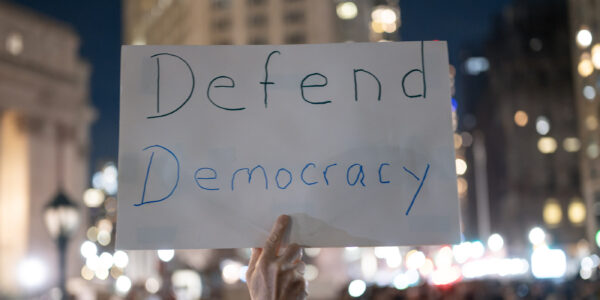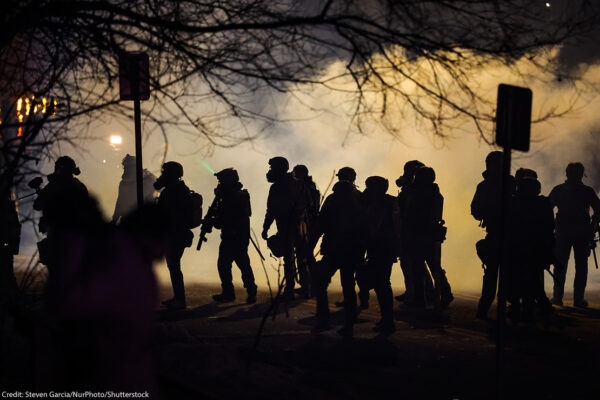If all goes well, the Portland Masjid and Islamic Center will receive approval tonight for the establishment of a small mosque in Maine’s largest, and most ethnically diverse, city. It is the culmination of a five-year effort, which has included numerous meetings, one federal lawsuit, and an entire re-writing of the city’s zoning rules for places of worship. Though it is a small event for all but the members of the community (and their lawyers), it is worth celebrating, especially in light of the recent controversy surrounding mosque constructions across the country.
This is a momentous occasion for the group, which is made up of approximately 15 Maine families, who are primarily of Afghan descent. They pooled their money four years ago and purchased a small property that had been a television repair shop on a busy street on the outskirts of the city. They opened up the floor downstairs, put down carpet and prayer rugs, and decorated the walls with passages from the Koran. The Portland Zoning Code, though, said that while a 1/3- acre lot was a fine size for a television repair shop, it was too small a space for prayer. The city told the group they would have to find somewhere else to pray.
Hopefully, this irony is not lost on anyone. Most of the families involved fled Afghanistan in the early 1980s, after the Soviet Union invaded, It wasn’t the military coup, or the murder and exile of government officials, or the dropping of mines designed to look like children’s toys, or the depopulation of the rural zones that drove our clients from Afghanistan: it was the prohibition on the practice of religion. That is still what they talk to me about, when they recall their reason for coming to this country.
This country was founded on the principle of freedom of religion for everyone. For almost 400 years, this has been a haven for religious minorities and dissenters, and the guarantee of free exercise of religion is embodied in our Constitution.
But hostility to foreigners and minorities is, unfortunately, a tradition with nearly as old a provenance. For as long as people have been coming to this country seeking freedom from religious discrimination, there have been people already here who would deny them that right. Sometimes that denial takes a relatively banal form: the lot size requirements for places of religious assembly in Portland, Maine were not the product of an anti-immigrant campaign, even though they had the effect of keeping new religions out and making people who practice those religions feel unwelcome. Portland has since realized the effect its law was having, and it amended its laws to make it possible for new religious groups to locate here.
But elsewhere, the campaign to make Muslims feel unwelcome and unwanted has been both overt and nefarious. In New York City, efforts to build a mosque in lower Manhattan have been opposed by people who seem to believe that all of the world’s 1.5 billion Muslims helped plan and carry out the attacks on September 11, 2001. In Tennessee, candidates running for governor have competed to outdo one another in opposition to a Muslim community centerin Murfreesboro, with one questioning whether Islam is truly a religion.
It is unfortunate that racism and xenophobia can be manipulated to win political support, and hopefully, in time, political leaders will repudiate (er, refudiate?) such views. Until then, the ACLU remains committed to fighting for everyone’s right to freely exercise their religion—from prisoners, students, and small community groups, to those in the majority.


